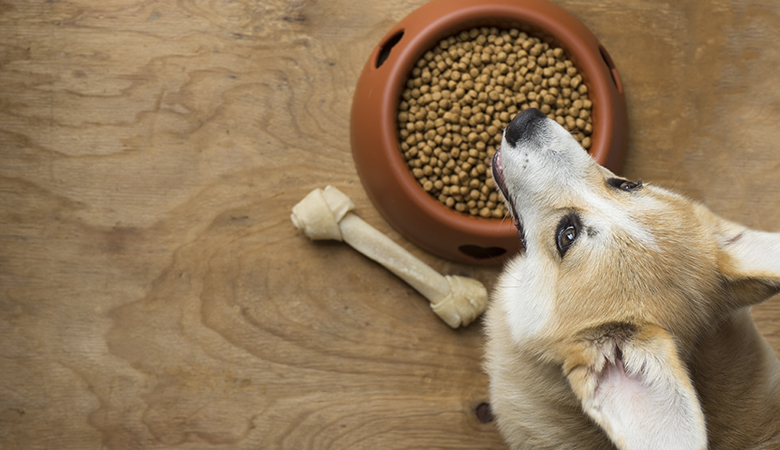How to prevent your dog from becoming overweight?
Written by Tommy |
Being a healthy weight is just as important for dogs as it is for people. Obesity is not only a health risk, it also limits your dog’s ability to move.

3 ways to prevent obesity
- If your dog isn’t used to getting treats or food from the dinner table, he won’t learn to beg either. A dog that doesn’t beg is easier to resist for the owner.
- Introduce your puppy to a feeding schedule and perhaps giving him a treat, at the same time every day.
- Regularly weigh your dog to keep an eye on his weight. Catching weight gain early can prevent worse.
People need self-discipline to not overeat, but dogs are dependent on their owners. It’s the owner’s job to keep their dog at a healthy weight.
Which breeds are predisposed to obesity?
- Labrador Retrievers
- Pugs
- Beagles
- Cocker Spaniels
- Saint Bernards
- Scottish Terriers
Female dogs are more likely to develop obesity, as well as neutered dogs.
What is the right food?
If your dog has gained some weight, but isn’t obese yet, giving him less food is the easiest solution. Don’t give too little food; your dog may fall short on nutrients or become frustrated.
Another option is to switch to a less calorie rich food with a lower energy density. Examples are Vetality Weight Management, Veterinary HPM Dietic Dog – Weight Loss, Royal Canin Satiety or Hill’s Metabolic Weight Management. If you’re not sure what to do best, ask a veterinarian for advice.
If your dog really needs to lose weight, it’s important to take a look at the calorie content and energy density of his food. The fat content shouldn’t be too high. High-quality proteins are necessary to provide enough nutrients for your dog to retain his muscle mass. Extra fibre can help your dog feel more full, so he won’t ask for food as much.



